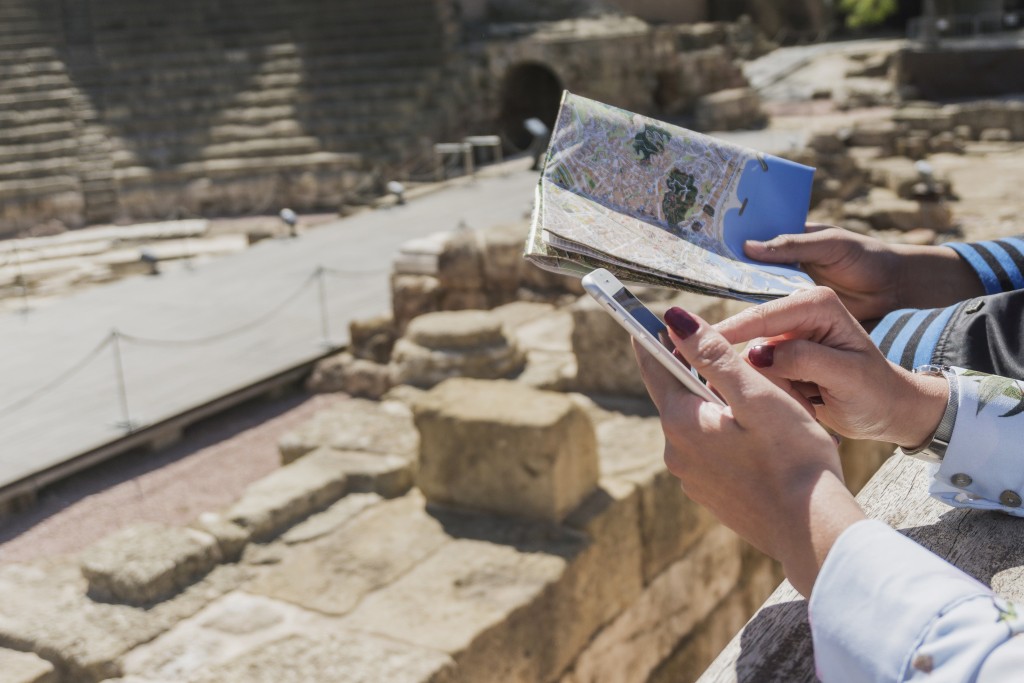25/10/2023
A URV study considers the empathy of tourist information chatbots to be key to increasing the number of visits to destinations
One of the first research projects in a growing field claims that, if users are to be satisfied, priority needs to be given to interactivity and specific recommendations, not just general information

One of the first research projects in a growing field claims that, if users are to be satisfied, priority needs to be given to interactivity and specific recommendations, not just general information
Before travelling, tourists are increasingly using the information chats that destinations are making available to them. There are no people involved, only bots, and a recent study by the Universitat Rovira i Virgili considers that they need to be empathetic and interactive and provide information that is as specific and as personalised as possible. According to the research, the destinations that have chatbots that have a close relation with the user will attract more potential visitors.
One of the authors of the study is Assumpció Huertas, a researcher at the Department of Communication Studies whose usual field of research is tourism. According to Huertas, if a tourist destination wants to make potential visitors feel satisfied and, therefore, have a better chance of being chosen, it must ensure that its chatbots comply with three requisites: “On the one hand, they must have what we call informativeness, that is to say, that the information they provide has quality, is really the information the user wants and needs. They must also be interactive, with a fast and fluid dialogue. And, finally, they must be empathetic, so that the user feels understood.”
The study was based on nearly 500 surveys of students who interacted with tourist information chatbots in Malaga and Murcia, two destinations that have been using this method for some time. Among other things, the students asked about popular sights, timetables, restaurants, routes and then “they answered a questionnaire about the quality of the information they had been given, whether they had felt they had been understood, whether their needs had been met, whether the chat had been accessible and quick to respond, etc.”, explains Assumpció Huertas. Those who felt they had been treated well, and not just been given the information they needed, were more satisfied and showed greater interest in visiting the destination.
Assumpció Huertas, who has worked hand in hand with researchers who did their doctorates at the URV and who now work in universities in Ecuador and the United States, explains that although the field of study is still emerging and that there are very few studies and a limited amount of data on the issue, chatbots are quickly consolidating as a good tool in the tourism sector because “people are mainly looking for convenience, they do not want to search for information, the information provided is already filtered and their queries are resolved quickly and efficiently”. “Artificial intelligence is developing fast, and the more it develops, the more it will be used, especially if it takes into account, as our study recommends, empathy and interaction with the user”, concludes Huertas.
